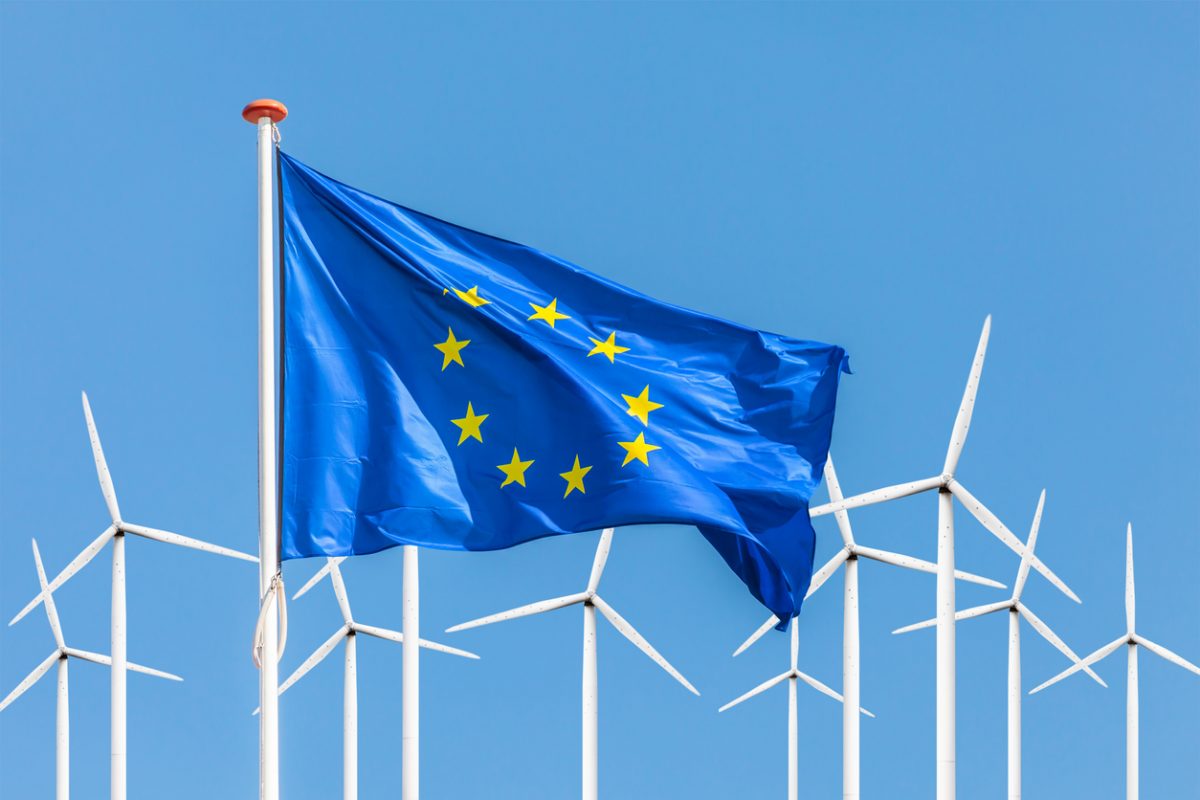European Parliament votes on stricter awarding of public contracts for renewable energies. However, this could also make the energy transition more difficult and increase its costs.
In the EU, Chinese products such as solar cells, wind turbines, and electrolyzers could be excluded from the award of major public contracts for renewable energies in the future. On Tuesday, the EU Parliament will vote on a corresponding proposal as part of the so-called Net Zero Industry Act, reports the news portal Euractiv. The Net Zero Industry Act is intended to increase the domestic production of technologies for the energy transition. It is part of the Green Deal Industrial Plan, an industrial policy legislative package.
The exclusion of Chinese producers could be made possible by an amendment that the EU Parliament’s Industry Committee has introduced to the draft. According to the amendment, authorities that purchase products covered by the law should ensure that a maximum of 50 percent of them come from countries that have not signed the World Trade Organization (WTO) Agreement on Government Procurement. This agreement obliges countries not to discriminate against each other when awarding public contracts. Almost all Western countries have signed the deal, except China, which plays a central role in producing photovoltaics, wind turbines, and many of the raw materials required, such as rare earths and gallium. In solar modules, for example, the EU imports 80 percent (PDF) of its demand from China.
Buy European Act
If the proposal is adopted, it will be a “Buy European Act” for all green technologies, comparable to the requirements of the Inflation Reduction Act in the USA, Euractiv quotes Pascal Canfin, whose liberal Renaissance/Renew Europe group tabled the amendment.
Industry representatives, for example, from the ailing European wind power industry, welcomed the draft as the right way to strengthen competitiveness. Recently, numerous experts have warned of the massive and increasing dependence on China and called for Europe to be strengthened as a business location.
However, this circumstance could also jeopardize the energy transition in the EU or at least make it more expensive if the new regulation comes into force. Representatives of the People’s Republic also criticized the EU’s increasingly tough stance (Paywall) and pointed to higher costs for green transformation. A point that Christian Ehler, MEP of the center-right EPP group and chief negotiator for the law, conceded “in certain cases,” according to Euractiv. However, the funds would benefit European companies and the salaries of European citizens.
Photo: iStock/DutchScenery


